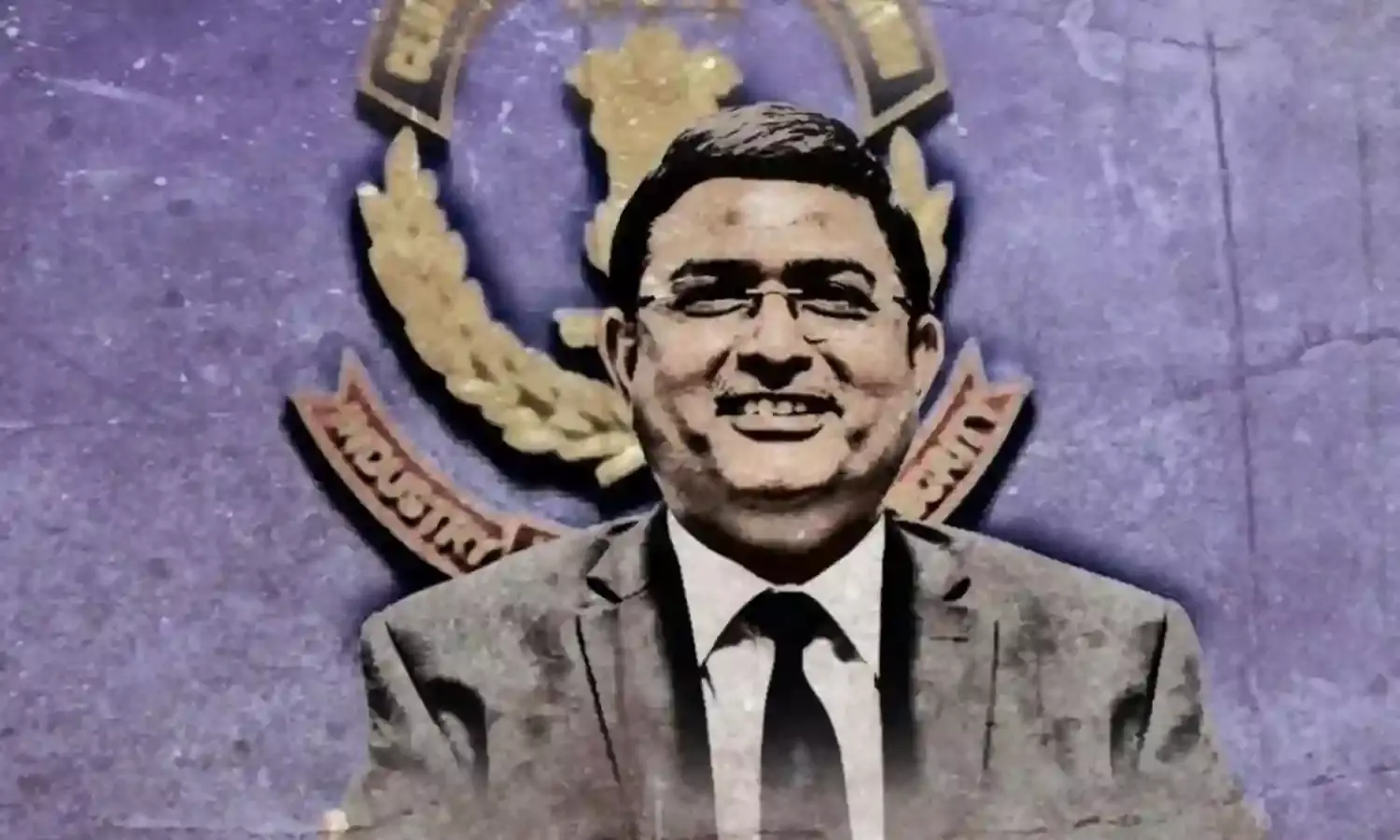
The upheaval that is rocking the Central Bureau of Investigation at the top has come at a time when the ruling Bharatiya Janata Party has almost completely ceded the ground to the opposition in deciding about the agenda gripping the nation’s attention. Since the time Prime Minister Narendra Modi’s government faced the jibe of Suit-boot ki Sarkar early in 2015, slowly the government has been losing ground in setting the agenda of public discussion in the country.
Of course since the last one year, it is now completely forced to respond defensively to the issues which grab public attention. Issues like Rafale deal, allegations of sexual misconduct and predatory behavior levelled against host of important people including a senior minister in the cabinet, women’s right to enter Sabarimala temple after Supreme Court judgement, farmer unrest and agitations across various parts of the country, deteriorating political situation in Kashmir and similar issues have put the government on the mat.
However, the latest turn of events at CBI points that the entire scheme of things built assiduously by the BJP is unravelling rather fast.
There has been a desperate attempt by the spin doctors and political managers of the government to create an image that the issue in the CBI is simply a case of ‘infighting’ which can be handled by means of administrative measures. It is a time tested technique to deny the deeper implications of an issue and turn it into an isolated incident in order to effect damage control. However, the facts are too obvious and glaring to allow the government to put a gloss over the seriousness of the issues.
It is in the public domain that Rakesh Asthana, a Gujarat Cadre IPS officer was handpicked by the government and forced onto CBI despite serious objections raised against him by the CBI Director. His alleged involvement in serious cases of corruption did not deter the government from choosing him for the powerful post of Special Director at CBI. He was the officer which probed the Sabarmati Train burning case of Godhra.
The head of the Supreme Court appointed SIT on Godhra riots R.K. Raghavan who gave a clean chit was appointed India’s High Commissioner to Cyprus in 2017 soon after he was allowed to bow out of SIT on health grounds.
The CBI episode has also to be seen in the wider context of systematic running down of highest institutions of the country by this government. In January 2018, four senior most judges of the Supreme Court had held a press conference in which they raised some very serious issues of interference by the government. Hinting at interference in the affairs of the SC by the government, Justice Chelameswar (now retired) had said in the Press Conference thatdemocracy in the country was under threat.
Within a year of this unprecedented incident in the history of SC, the head of the top investigating agency of the country has alleged in his affidavit in the apex court that government has been putting pressure on the CBI in certain high profile cases. It is widely believed now that the provocation for the midnight removal of the CBI Director Alok Verma had its origin in the petition filed by Prashant Bhushan, Yashwwant Sinha, Arun Shourie and others to probe the Rafale deal. Bhushan has gone on the record alleging this.
These developments have come at a time when the parliamentary elections are only a few months away. The Assembly elections in five states in November is going to be extremely tough for the BJP as it battles anti-incumbency and disenchantment with the government in large sections of society.
In 2014, Congress had faced a similar conundrum. Corruption cases and charges of policy paralysis had dented the image of the UPA. The movement by Anna Hazare in 2011, Nirbhaya rape case in Delhi in December 2012 and a spate of corruption cases had prepared the background for defeat of UPA in 2014 parliamentary elections. By the time elections were held in 2014, UPA had completely lost the perception battle. It was forced only to respond to the agenda set by the opposition.
Today, BJP is also faced with a similar situation. The assiduously cultivated image of the BJP that it means good governance, faster economic development and against corruption lies in tatters. Even if one looks at the CBI episode unfolding in Delhi as an internal feud between its top two officers, the incapacity of the government in allowing it to fester has no answers. The role of the Prime Minister in picking up a tainted officer for the CBI also belittles his claim of fighting corruption. Cases like Vijay Mallya, Nirav Modi, Mehul Choksi and earlier Lalit Modi etc. have raised serious questions about the sincerity of the government in fighting corruption, if not its direct involvement in the cases as is being alleged by the opposition.
On the economic front too, the spike in NPAs after 2014, the impact of demonetization on the economy, the lack of employment growth, the rising current account deficit and deterioration in other macro indicators of the economy are proving difficult for the government to explain.
It appears that the BJP government at the centre is faced with a similar predicament as prevailed in 2014 for the UPA.
Prime Minister Modi seems to have lost his voice. On issues that keep stirring the nation like MeToo and Sabarimala, serious allegations against the government on Rafale deal, the killing of an innocent civilian in Lucknow or similar other incidents in the country, the top leader of the country has no views. The job is left to the spin doctors of the party who come up with smart but unconvincing answers seeking to replace sincerity with jugglery of words.
Certainly, India deserves better. This may also partially explain the BJP's belief that only Lord Rama can now salvage its sinking ship.

